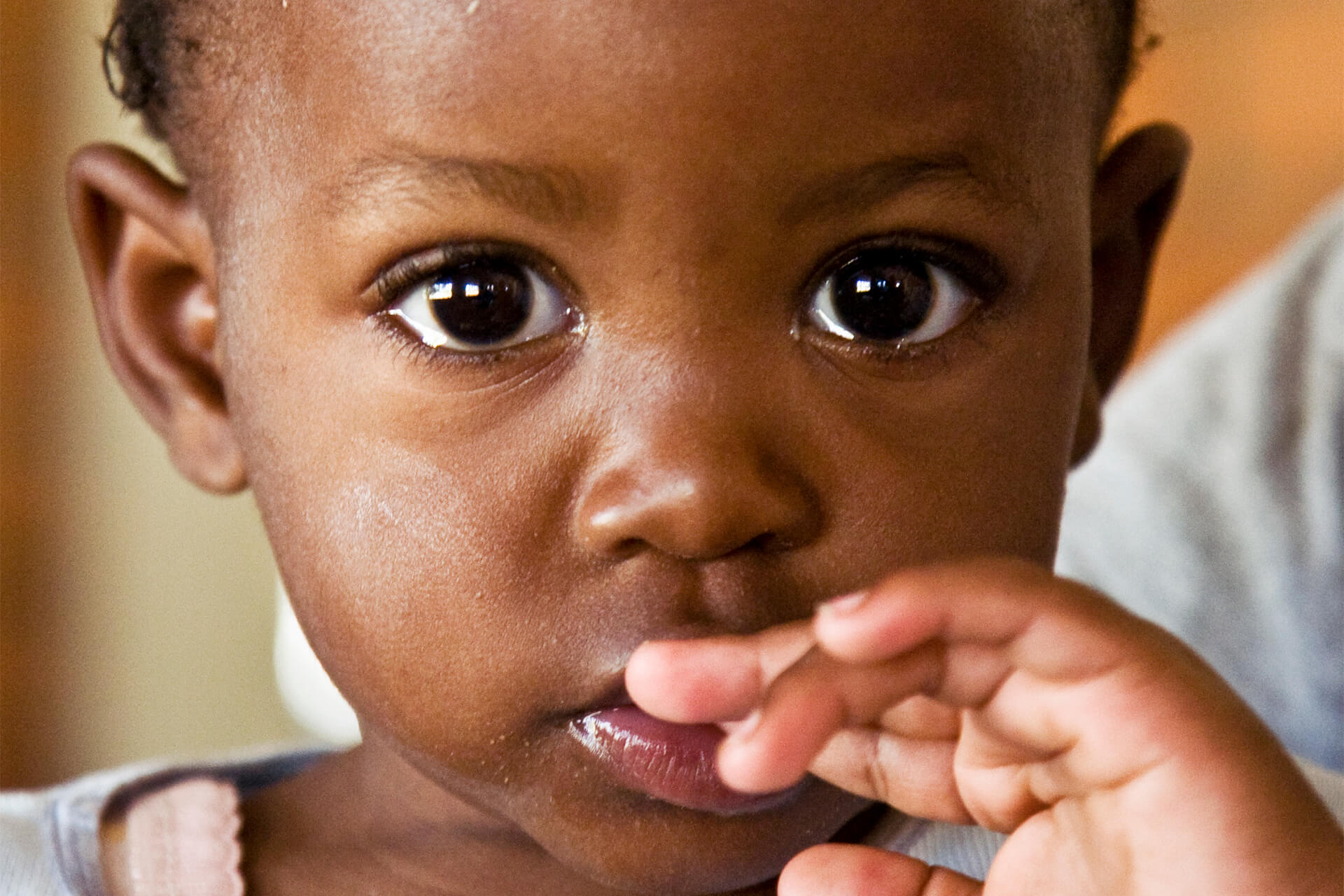One billion children worldwide are living in poverty. The impact on their lives, and society, is immense.
Children in poverty are less likely to receive a good education, thereby limiting their chances at a fulfilling life and perpetuating generational poverty. They are more likely to be forced into child labour, early marriage and other forms of exploitation. And they are at greater risk of suffering child-malnutrition and other illnesses which can permanently damage their development.
Growing up in poverty also increases a child’s risk of losing their parents, by lowering life-expectancy and straining family relationships to breaking point. This in turn, can throw children into even deeper poverty.
Reducing poverty is key to protecting children today, and into the future. That is why SOS Children’s Villages has placed poverty-prevention at the heart of its work with marginalised communities around the world. World leaders gathered at the UN last week to discuss efforts to end global poverty by 2030. Here we highlight five ways we are working to reduce child poverty across the globe.
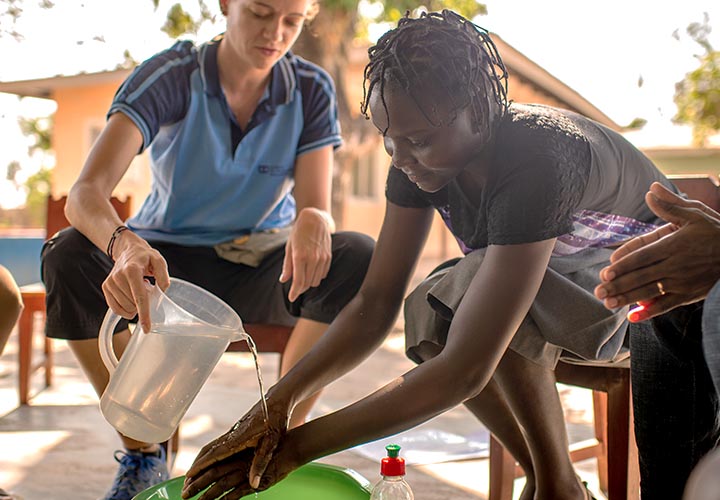
1.We support communities devastated by war and natural disaster
Almost a quarter of the world’s children now live in conflict or disaster-stricken countries. For those children growing up in the aftermath of disasters like Cyclone Idai, which caused devastation across Mozambique, Malawi and Zimbabwe earlier this year, or in one of the world’s many protracted conflicts, poverty is often the result.
We are supporting community recovery and helping families rebuild their livelihoods in the wake of disasters worldwide.
In a community outside the city of Blantyre, Malawi, SOS is helping 700 families who lost everything when cyclone Idai tore through the region. Our family strengthening programmes are working to restore livelihoods and help families rebuild their homes.
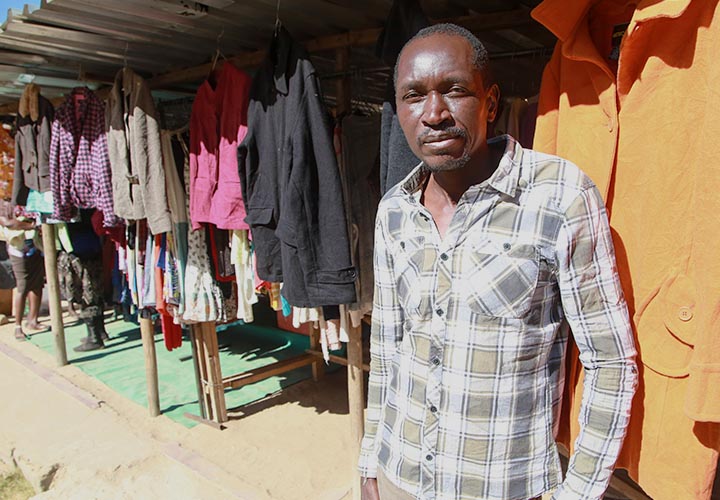
2. We are helping families set up their own businesses
When a life-altering car accident meant father of eight Samuel had to give up his job as a long-distance lorry driver, even the basics of life like butter for the family’s morning bread became unaffordable, and his children were turned away from school.
We helped Samuel retrain and develop a new career as a successful businessman – helping him access microfinancing, manage his accounts, and market his products. With the business now thriving, the family have regained their financial independence.
“My neighbours ask us how we manage to keep our business growing, so I share what I have learnt with them and lend them my books on running a successful business,” says Samuel.
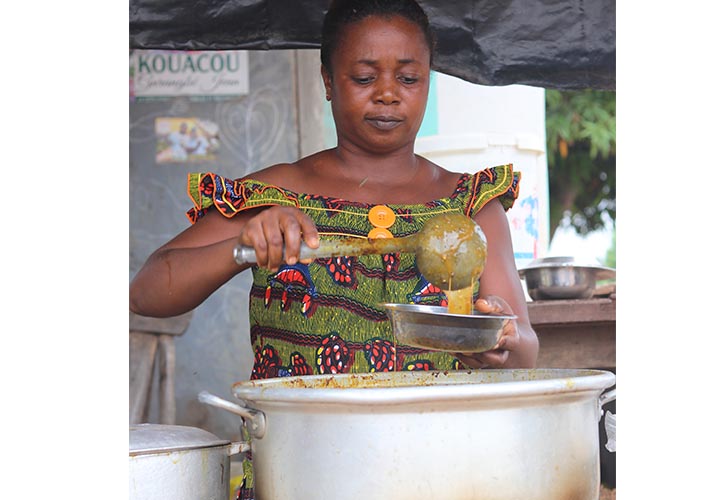
3. We are empowering women
One in five households worldwide are headed by women. When they are denied equal access to education and well-paid employment, their children suffer. Our female empowerment programmes around the world are providing women with the skills and resources they need to achieve financial independence.
Six years ago, Lea’s family was destitute and on the verge of breaking apart. Her husband had abandoned her years earlier while she was pregnant with their daughter Akissi, and she was left with no income, nowhere to live, and no means of supporting her unborn baby, or her young niece and nephew, who she took in when they lost their parents.
We helped Lea access vocational training and business advice so she could open her first business. These days Lea is the entrepreneurial success story of her community in Yamoussoukro, Cote d’Ivoire, and runs four successful businesses.
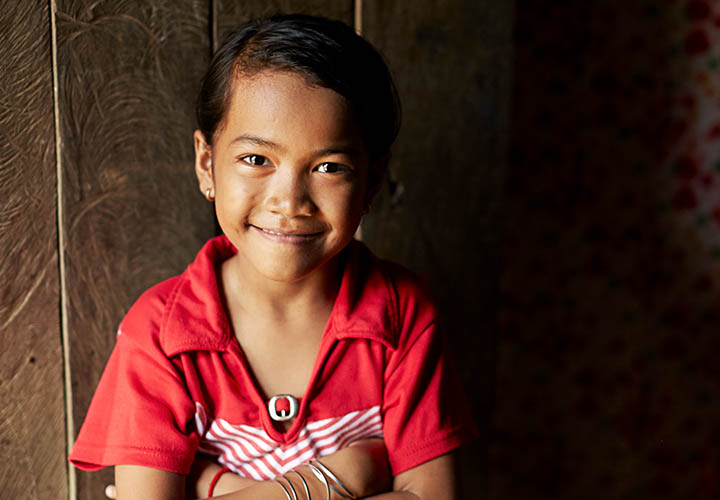
4. We are giving children the chance to go to school
Today, one in every fifth child on the planet will be denied their right to learn. To end child poverty, we must break the cycle of poverty which is holding the next generation back.
Botum* lives in one of the poorest areas of Battambang, Cambodia’s second largest city, where nine out of ten children are involved in child labour to support their families. Most have no opportunity to attend school.
Our scholarship programme in Battambang has enabled Botum, and dozens of other children, to attend school.
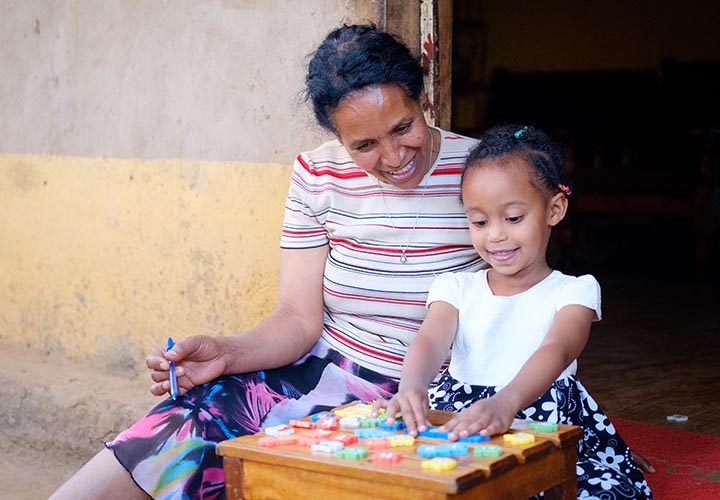
5. We are preventing children from growing up alone
Our family strengthening programmes worldwide are working to reduce the incidence of child abandonment by supporting struggling families to stay together. And as experts in the care and protection of children who have lost their parents, we are ensuring children grow up feeling safe, loved and supported in our village communities and foster care programmes around the world.
Marcia* was left at the hospital by her teenage mother just hours after her birth. This is a common occurrence in Jimma, Ethiopia, where widespread poverty and strict taboos against having children out of wedlock are forcing young mothers to abandon their babies at a rate of two or three a day.
We are supporting the Ethiopian government to set up a foster-care programme – a new model of care for the country. Marcia is one of almost 150 children we have so far placed with long-term foster-parents, a number we hope to increase to 2,000 within five years.
*Children’s names are changed to protect their privacy
Help SOS Children’s Villages lift children out of poverty worldwide, by sponsoring a child or making a donation today.
